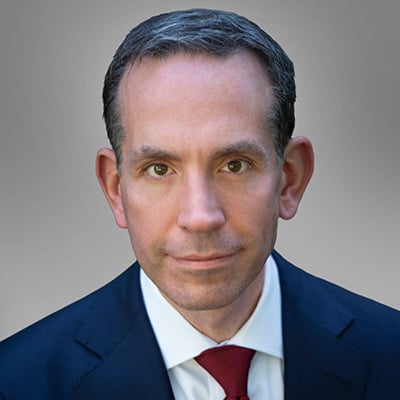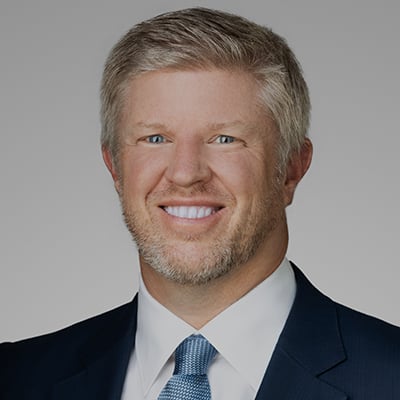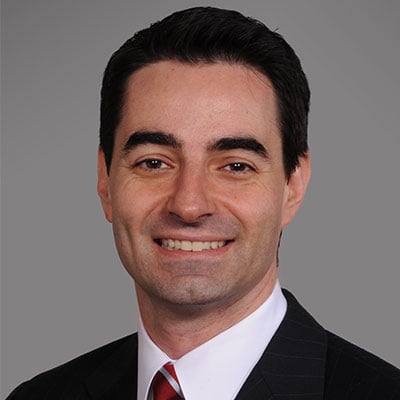SDNY Is Back in the Civil Jury Trial Business With $855 Million Verdict
A Kirkland & Ellis team including partners Adam Alper, Mike De Vries, Gianni Cutri, Patricia Carson and Leslie Schmidt scored a trade secrets win for Cognizant Technology Solutions and The TriZetto Group in a case where they originally began as defendants.
Cognizant Technology Solutions Corp. has turned the tables on Syntel Sterling Best Shores Mauritius Ltd., to the tune of $855 million.
Kirkland & Ellis piloted Cognizant and its subsidiary, The TriZetto Group Inc., to trade secret damages of $285 million and punitive damages of $570 million Tuesday, in a case that began as a $6 billion breach-of-contract action against Cognizant and TriZetto.
The verdict came in what’s believed to be the first in-person civil trial in the Southern District of New York during the pandemic era. U.S. District Judge Laura Schofield told jurors it was “in some ways a historic event.”
Everyone in the courtroom wore face coverings, and counsel and the witnesses stood inside plexiglass boxes when speaking, as a HEPA filter ventilated the courtroom. “You couldn’t read the judge’s expression. You couldn’t read a juror’s expression,” said Kirkland partner Gianni Cutri, who tried the case alongside partners Mike De Vries and Adam Alper.
Counsel were even forbidden from passing notes or whispering to co-counsel who were presenting. The Kirkland lawyers said they’ve tried so many cases together that they were on the same wavelength when it came to spur-of-the-moment strategic decisions.
“We were able to speak through those barriers and connect with the jury,” Alper said. “And we believe they said, ‘We heard you.’”
Jurors deliberated less than three hours before answering all 27 questions on the verdict form in Cognizant and TriZetto’s favor.
TriZetto markets a software platform that automates the processing of health care claims for some 170 million American users. Syntel provided customization and technical support for TriZetto customers, until TriZetto was acquired in 2014 by Cognizant, which terminated the arrangement. Syntel sued for breach of contract, while TriZetto argued that its contract with Syntel expressly contemplated termination if TriZetto were acquired by a Syntel competitor such as Cognizant.
Cognizant then accused Syntel of sabotage by stealing more than 100 confidential business documents and using the trade secrets to compete and steal business. A third-party forensic examination showed that Syntel had started going after TriZetto’s intellectual property before the Cognizant acquisition. “We showed [jurors] notes from 2012 about how they had planned to steal TriZetto’s 20 years of trade secrets and then sued to cover it up,” Alper said.
Following summary judgment orders, the Kirkland team, which also included partners Pat Carson and Leslie Schmidt, persuaded Schofield to take the unusual step of realigning the parties. That meant Cognizant and TriZetto would act as plaintiffs and Syntel as a defendant.
De Vries said Cognizant will now ask for attorney fees, prejudgment interest and a permanent injunction shutting down parts of Syntel’s business.
Foley & Lardner represented Syntel in most of the pretrial proceedings. Paul, Weiss, Rifkind, Wharton & Garrison, which joined the defense four weeks ago, tried the case for Syntel. Paul Weiss partner Nicholas Groombridge said he could not comment on the verdict.
Following reading of the verdict, Schofield said she wanted to shake the lawyers’ and jurors’ hands, but then realized she shouldn’t because of the COVID-19 precautions.
De Vries said he was “very proud that in the midst of this pandemic, in the middle of Manhattan,” jurors “came together, sacrificed literally weeks of their lives, and came back with a just verdict.”





